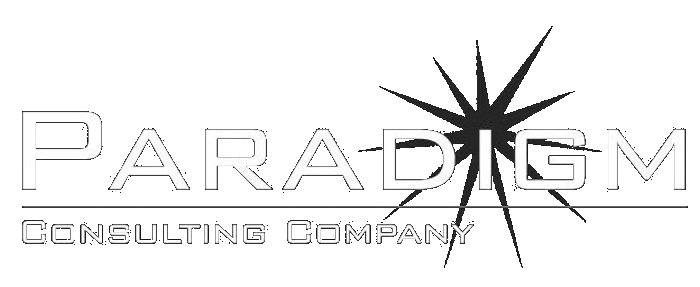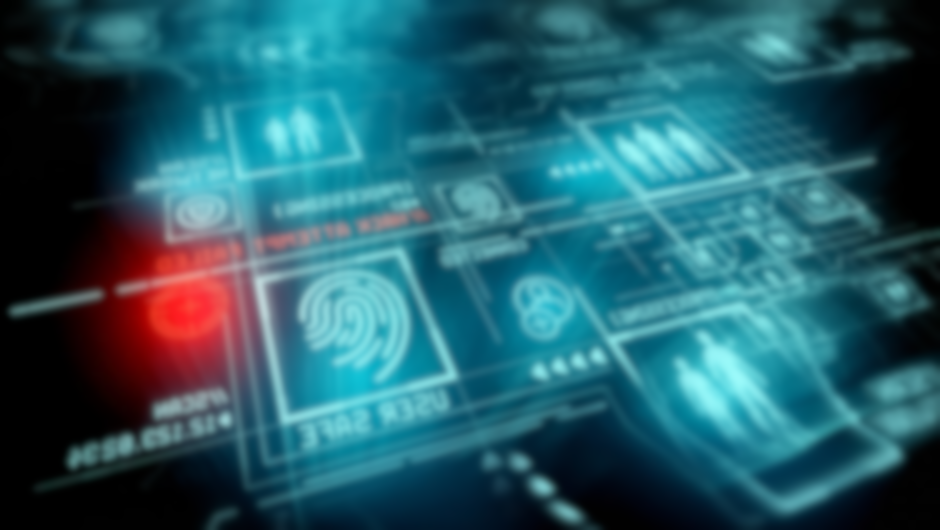As a long-time user of Apple products, I’m well aware of the importance of keeping our beloved devices charged. Public USB charging stations in airports, hotels, and shopping centers have become a convenient solution for that purpose. However, the FBI Denver and the FCC have recently warned about a cyber-theft tactic called “Juice Jacking,” which can put our personal data at risk when using these charging stations.
What is Juice Jacking?
Juice Jacking is a sneaky cyberattack where hackers infect public USB charging stations with malware to access electronic devices while they are being charged. This malware can lock a device or even steal personal data and passwords directly from the device. Cybercriminals can then use this information to break into online accounts or sell it to other bad actors (1). This is not a new idea – I remember first hearing about this sort of exploit over ten years ago. It is unclear as to why this just bubbled up to the headlines again now. Regardless, it is worth considering a few easy steps to protect yourself from the threat.
How to Avoid Becoming a Victim
I’m not one to take such warnings lightly, especially when it comes to my gadgets. So, I’ve compiled some tips to help you steer clear of Juice Jacking:
- Skip the public USB charging station and opt for an AC power outlet instead.
- When traveling, pack your own AC and car chargers, along with USB cables.
- Carry a portable charger or external battery for emergencies.
- Consider investing in a charging-only cable from a trusted supplier to prevent data transfer while charging.
- If your device prompts you to choose between “share data” or “charge only” when plugging into a USB port, always pick “charge only.”
Final Thoughts
Though Juice Jacking may not be as common as other cybersecurity threats, it’s still essential to be cautious when charging our devices in public spaces. After all, it’s better to be safe than sorry. So, let’s keep our devices charged and our personal data secure by taking these precautions to heart.
References:
Federal Bureau of Investigations, Denver. (April 6, 2023). https://twitter.com/FBIDenver/status/1643947117650538498m
Federal Communications Commission. (April 11, 2023). ‘Juice Jacking’: The Dangers of Public USB Charging Stations. https://www.fcc.gov/juice-jacking-dangers-public-usb-charging-stations

